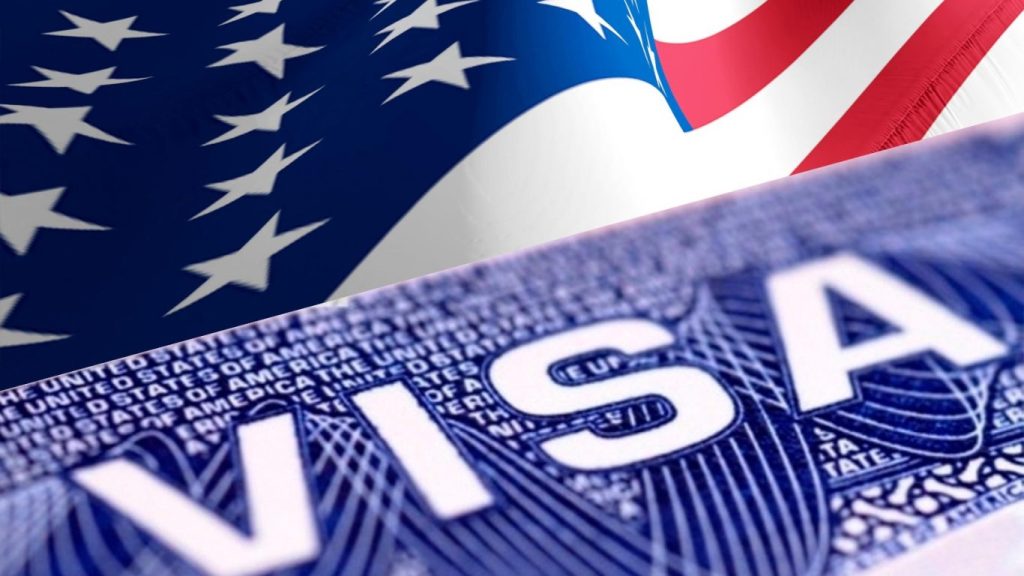In a move sparking controversy and concern, United States President Donald Trump has issued a proclamation imposing travel restrictions on nationals from twelve countries, citing national security concerns as the primary justification. This action builds upon earlier speculation and leaked information regarding potential travel bans targeting a larger group of nations. The final list includes seven African countries: Chad, Congo-Brazzaville, Equatorial Guinea, Eritrea, Libya, Somalia, and Sudan. Asian countries Afghanistan, Myanmar, and Yemen are also included, as are Haiti and Iran. While Liberia, initially placed on a provisional “yellow” list requiring security improvements, was ultimately omitted from the final ban, the high rate of visa denials for Liberian citizens seeking entry into the US suggests underlying concerns persist.
The earlier leaked list, categorizing countries into “red,” “orange,” and “yellow” based on perceived security risks and governmental efficacy, foreshadowed the eventual travel ban. Though the authenticity of the leaked document was questioned at the time, the Liberian government expressed serious concern. The Trump administration’s finalized proclamation, however, focused on a smaller subset of nations deemed to present the most significant security threats. In addition to the full travel ban on the twelve countries, the proclamation also introduced partial restrictions on Sierra Leone, Togo, and Burundi.
The stated rationale behind the travel ban revolves around national security, with the Trump administration asserting that the targeted countries pose risks to the safety and well-being of the United States. This justification has been met with criticism, with some arguing that the ban unfairly targets specific regions and populations while failing to address the root causes of terrorism and security threats. Concerns have also been raised about the potential impact on diplomatic relations, economic ties, and cultural exchange. The ban’s effectiveness in achieving its stated national security objectives remains a subject of debate.
The African Union Commission (AUC) expressed its reservations regarding the new travel restrictions, acknowledging the right of nations to secure their borders but urging a balanced approach grounded in evidence. The AUC emphasized the potential detrimental effects on people-to-people connections, educational opportunities, commercial partnerships, and the broader diplomatic relationship between the United States and Africa, cultivated over decades. The concern highlights the potential for the travel ban to undermine established partnerships and create new tensions.
Liberia’s omission from the final list offers a temporary reprieve, but the high rate of visa denials for its citizens suggests ongoing scrutiny by US authorities. The underlying issues that placed Liberia on the provisional “yellow” list have not necessarily been resolved, and future travel restrictions targeting the country remain a possibility. The situation underscores the complexities and uncertainties surrounding international travel in an era heightened security concerns.
This travel ban marks another chapter in the ongoing debate over balancing national security interests with international cooperation and individual rights. The long-term implications of the ban, both for the targeted countries and the United States, remain to be seen. The controversy surrounding the ban is likely to persist, as critics continue to question its efficacy and fairness, and the affected nations grapple with its impact on their citizens and their relationship with the United States. The travel ban has undoubtedly added a layer of complexity to the already intricate landscape of international relations.


